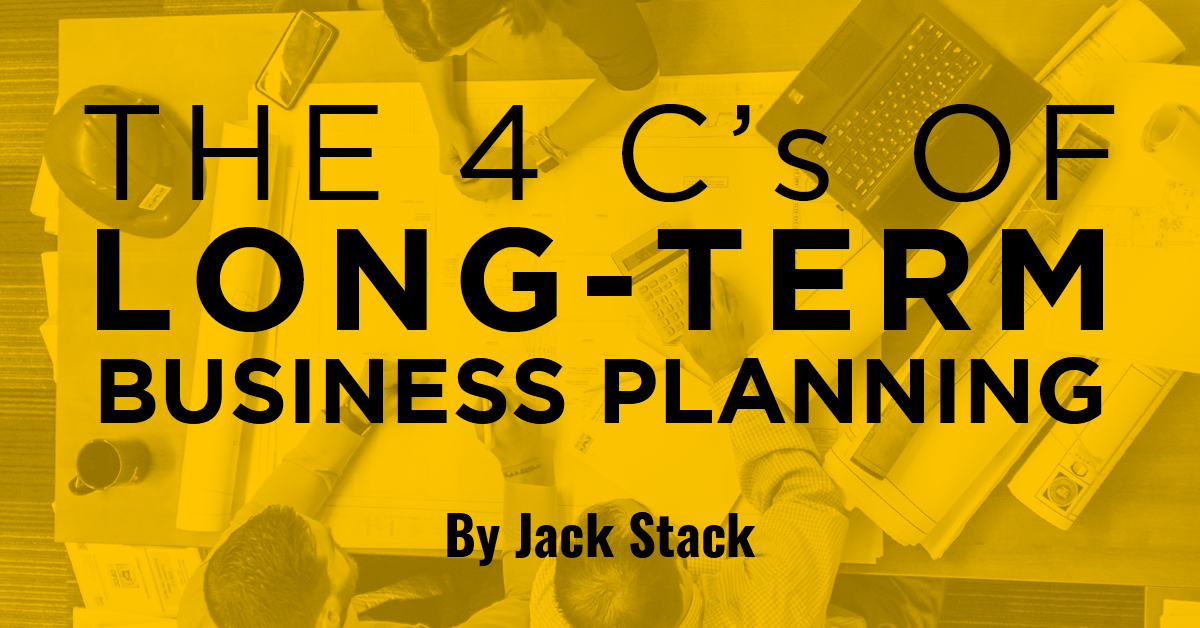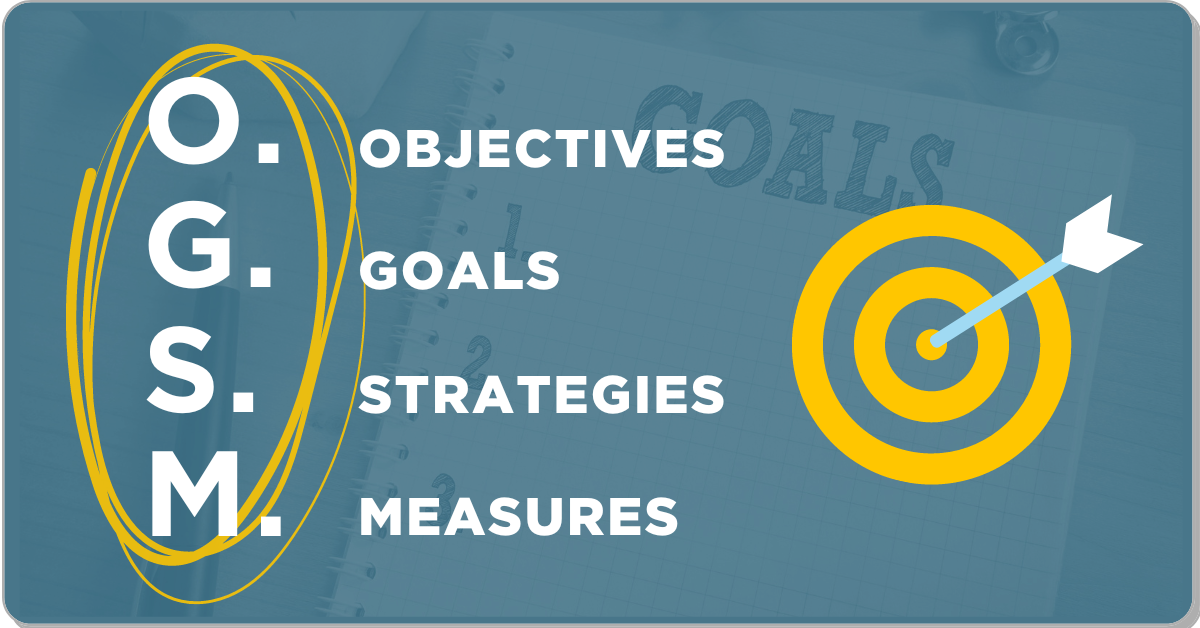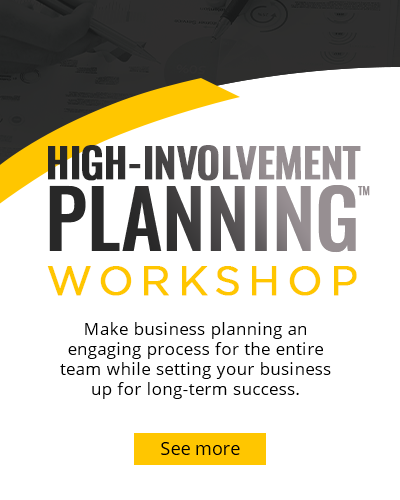
Right from their rocky start in 1983 (who else starts a business with an 89-to-1 debt-to-equity ratio in the middle of a recession?), Jack Stack and the team at SRC started planning ahead. Not just for the next day, week, or month. Or even for the next year. For their entire history as a business—which has grown from a single factory into a collection of ten businesses and 1,800 associates—SRC has been planning ahead for a decade at a time.
Back in 2009, as the last economic recession rippled across the country, SRC kicked off its ten-year contingency plan to build a $100 million war chest—a safety net it could fall back on when the next recession hit in 2020.
While no one could ever have predicted a recession caused by a pandemic, SRC was in a strong position to cope with the unexpected crisis because it had actually planned ahead for a downturn.
The company is now set to embark on their next decade-year journey starting February 1, 2021 that will run through the end of 2031. As with their prior plan, SRC’s vision for its future, developed through its High-Involvement Planning™ process, is bold and inspiring.
Just as they have done multiple times in the past, the company has put plans in motion that will help it double the value of the business within five years of the economic recession caused by the pandemic.
And it all starts with putting a ten-year plan into motion.
Rethinking the Future
For some business leaders, especially these days, the idea of planning at all can seem counterintuitive. Even businesses that had plans may have seen them blown to bits in the wake of the coronavirus. As Mike Tyson famously said: Everyone has a plan until they get punched in the mouth. So why plan anything at all? Why should you start planning for the next recession?
The point of planning is precisely because things will go wrong, says Stack. “There will always be bumps in the road,” he says. “It’s not always an easy ride. But the point of planning ahead is to help make certain that when the bumps hit, you minimize the pain. You can get through the worst crisis if you believe you can. But the real value of a plan is that it tells you what to do when you get out of the crisis.”
While Stack readily admits to how challenging 2020 was—SRC’s revenues were collectively down more than $100 million off their budget—he also points to how SRC’s employee-owners weathered the storm and did their best to adapt to it and the virus. Even with record unemployment numbers, SRC hasn’t had to lay off a single associate. And that $100 million war chest? Not only have they yet to tap it, but it’s also continued to grow. “That’s a credit to the disciplines of The Great Game of Business® culture we have built,” says Stack. “When you get hit with unexpected surprises, you need answers to how you’re going to deal with them. And to do that, you need a ten-year plan.”
Stack says that SRC has ridden the same pattern for forty years: the company goes on a ten-year run and then hits a speed bump caused by a major shift in the external marketplace—what he likes to call a “black swan.” When SRC hits those snags, they use them as learning opportunities and then apply the lessons to the next evolution of the company. “When you understand what causes the variances and deviations to your plan, you can help eliminate the paranoia when something goes bad,” he says. “The whole goal of long-term planning is to create an outrageously successful company.”
Planning is a Team Sport
Another key to SRC’s approach to planning is that it is a team sport. Rather than working from the top down, the organization relies on its High-Involvement Planning process to tap the brainpower of its associates from the frontlines up to identify economic and market trends to incorporate into its long-term plans.
The company meets twice a year to share five-year forecasts and to collectively gain insights learned by answering questions like: How is the price of copper trending? What is the competition doing? Where is capital going to flow with a new presidential administration? What investments are private equity firms making? Where will new markets emerge? Where is innovation happening? What is becoming obsolete?
“We also check for moods,” says Stack. “We tap our people and ask them what they’re thinking and hearing. It’s all about asking them to participate in the process.”
While many business leaders might bristle at the idea of investing that kind of time and effort in analyzing their competitive marketplace, Stack says they’re missing the opportunity to engage and educate their people about what business they are really in—to build a business of businesspeople who are creating a future together.
“Leaders miss the fact that people inside the organization love to be going somewhere,” says Stack. “People get excited about having this ladder and participating in it. Life is boring without a plan.”
Planning for 2031
To learn more about what Stack and SRC are planning for the next ten years and how they plan to put their $100 million war chest to work (hint: it involves an audacious real estate development plan), tune in to his Change the Game Podcast interview with Rich Armstrong and Steve Baker which aired on February 2, 2021.
Get help with your 10-year plan.
.png)















